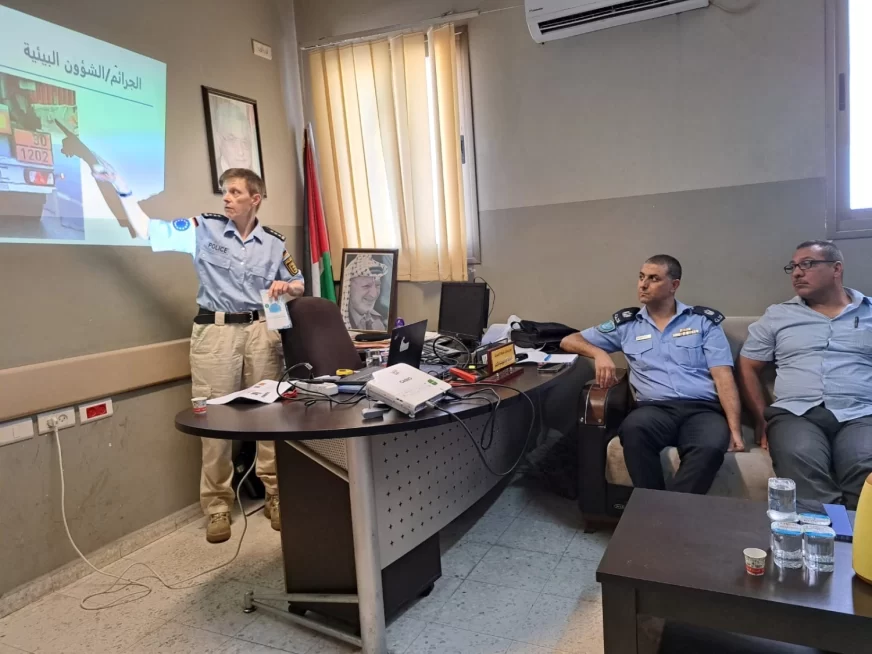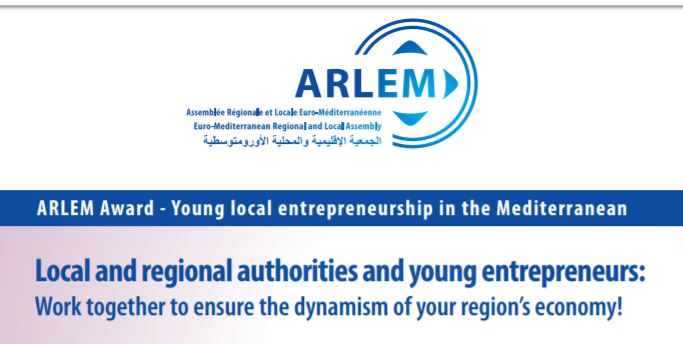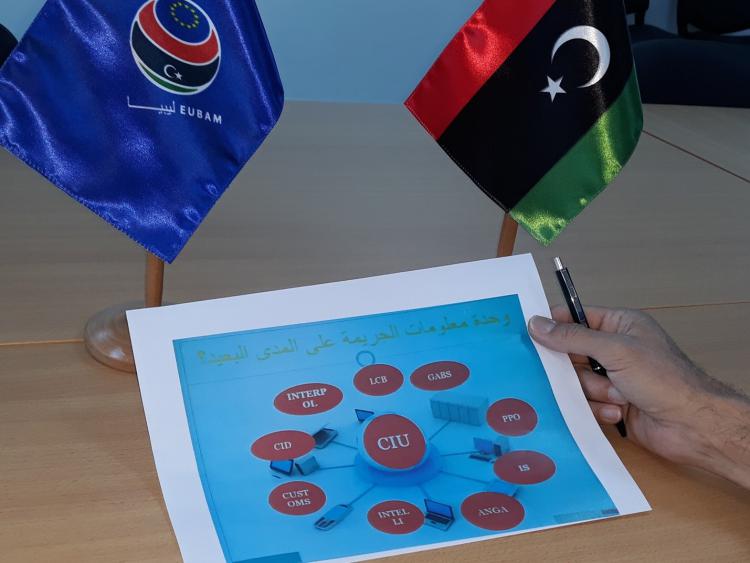Why Police engagement on environmental issues makes sense in Palestine as elsewhere

“Why is the environment an important topic, even in the current dire circumstances?” asks EUPOL COPPS Environmental expert to a group of Palestinian police officers first responders also to environmental crimes from the Ubeidiya police station, in the Bethlehem district on 2 July.
Hands raise, answers follow, in turn: “Nature is part of us, is part of Palestine;” “in cases of crimes related to the environment people come to us, we are the first responders;” “it is our responsibility to protect nature within the law.”
The lecture/training of EUPOL COPPS environmental expert, a police advisor herself, has not even started, but the engagement in the room is palpable, as discussions among officers on the reasons why environmental crimes, and the environment in general, is a topic of relevance in Palestine like elsewhere, take place from minute one.
Broadly, environmental crimes can affect people’s lives, wellbeing, and their future. As EUPOL COPPS environmental expert stresses during the training session, protection and security of citizens and personal safety and security are very much related to environmental crimes/issues. Besides the tragic current and long-term circumstances, Palestine is facing a range of climate and environmental risks which directly affect human security.
The importance of protecting natural and cultural resources, and environmental crimes are the main topics of EUPOL COPPS lecture in Ubeidiya. Related crimes including corruption, money laundering, narcotics, and illegal/counterfeit productions are also addressed, with display of imagery and real-life examples, allowing for exchanges and lively discussions among the participants and the trainer. The labelling of hazardous chemicals or waste and personal protection when on patrol in relation to environmental or chemical related hazard are other hot topics discussed in the room.
Fares, a 32-year-old Palestinian experienced police officer who studied International Law abroad, stresses how important it is for him and his colleagues to go through all the symbols showed during the lecture and having the opportunity to ask questions, as situation of danger do not go away in this particularly current difficult times, but is in fact quite the opposite.
When asked if any other final question, one of the officer’s answers is: “we need more of this, and to go deeper into the topic.” As stated in United Nations resolutions on the Environment, armed conflicts lead, directly and indirectly, to environmental degradation. During war environmental pollution as health hazard, the destruction of forests, the poisoning of soils and the devastation of various animal species, have a direct and devastating impact on the population. Palestine makes no exception, as the existence of a resolute, dedicated police unit demonstrates.
Within the framework of its mandate. EUPOL COPPS is committed to support Palestinian police colleagues in tackling environmental crime, analysing disaster risks, and any needed related action.




























 Syria
Syria 





